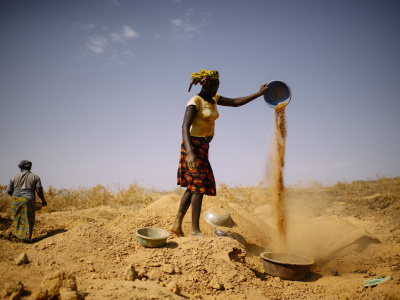
Economic Partnership Agreements and the Future of the ACP group
The Cotonou Partnership Agreement (CPA) has provided the framework for cooperation between the African, Caribbean and Pacific (ACP) Group and the
European Union (EU) based on three major pillars: political dialogue, development support and economic and trade cooperation. In 2000 the ACP and EU agreed to conclude new trading arrangements compatible with the World Trade Organisation (WTO) rules to replace the unilateral regime of trade preferences granted by the EU to imports from the ACP that prevailed at the time. Thus, negotiation of the new Economic Partnership Agreements (EPAs) was initiated in 2002 with the aim of being concluded by 31st December 2007.Since EPAs aim at building on and strengthening the regional integration processes in the ACP, negotiations have been conducted at the regional level with 6 self-declared EPA regional groupings. The EPA negotiation process involved the all-ACP level to determine broad cross cutting themes of interest whilst the specific issues of interest of the negotiations were and still are being determined at the national and regional level.
By 1 January 2008, only one region, CARIFORUM, had managed to conclude a comprehensive EPA with the EU, as initially envisaged. Another 18 countries in Africa and 2 countries in the Pacific had concluded interim – goods-only – agreements with the EU. As of September 2008, none of the ACP countries had formally signed an agreement with the EU. EPA negotiations are continuing with African and Pacific regional groupings.
This paper discusses the impact of the EPA negotiations and conclusion of (interim) agreements on the cohesion and role of the ACP Group in the future. It
also considers two other important dates in the CPA which also call the ACP Group to examine its future role: the CPA revision in 2010 and the CPA expiry in
2020.
Photo By FriendsofEurope


